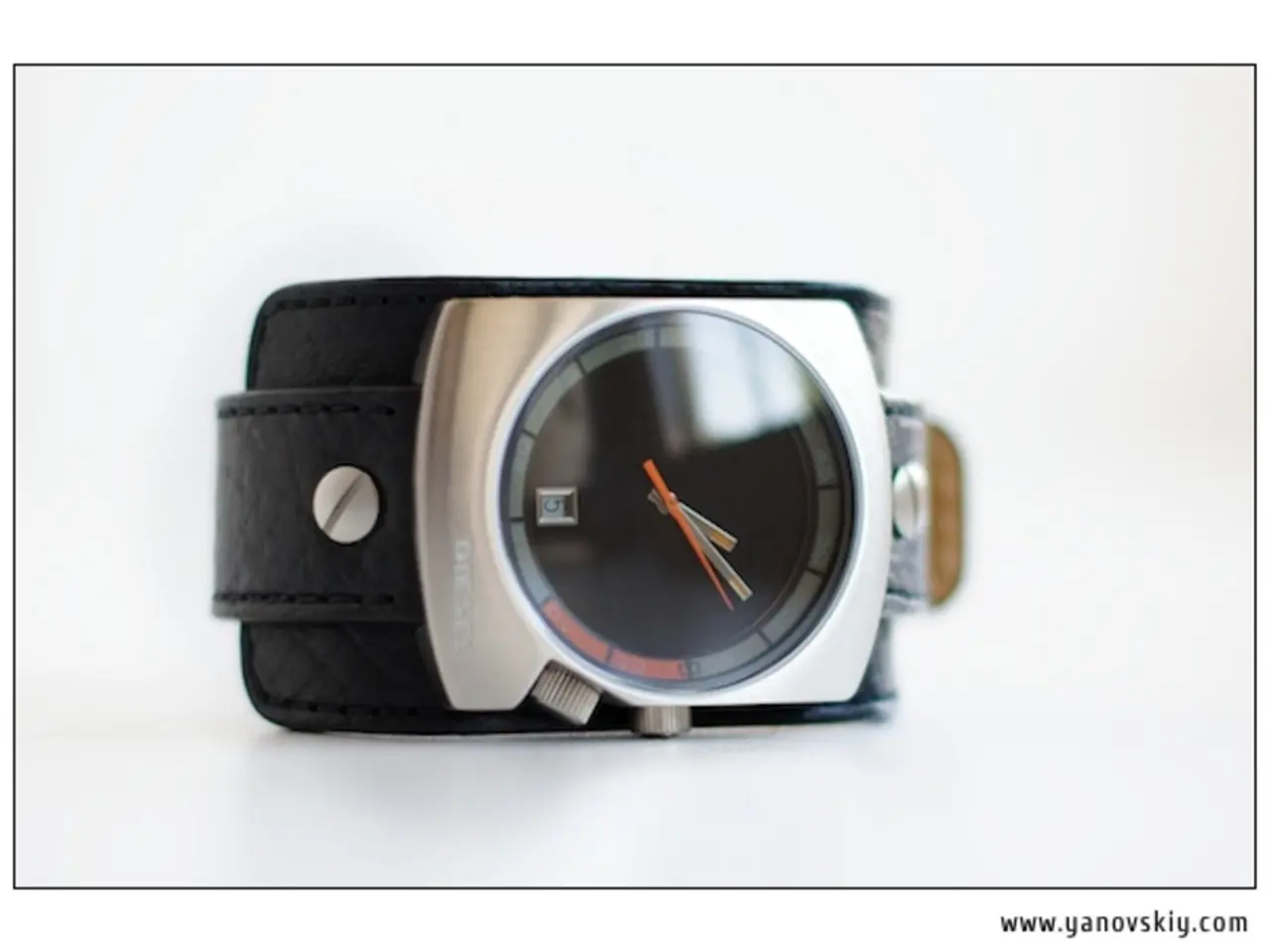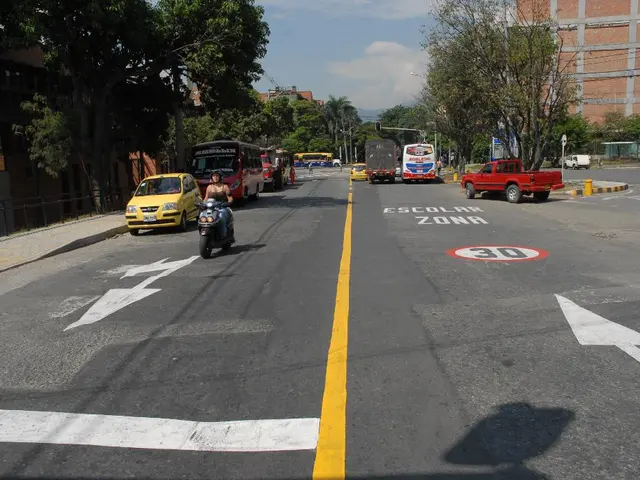Role of Loss Prevention Officer in Enhancing Security in Contemporary Retail Scenario
Enhancing Retail Security with Loss Prevention Officers
In the ever-evolving retail landscape, the role of loss prevention officers becomes increasingly crucial. These professionals are at the forefront of protecting retail businesses from theft, fraud, and other losses, while ensuring a safe and secure shopping experience for customers and employees alike.
Key Responsibilities and Strategies
Loss prevention officers employ a variety of tactics to maintain a secure retail environment. Their primary role is to monitor store activity, both in person and via surveillance systems, to identify and deter suspicious behavior. Advanced tools, such as AI-powered video analytics, are used to enhance their effectiveness while maintaining a low-profile presence.
Investigations and reporting are another essential part of their duties. They interview suspects, investigate theft or vandalism incidents, document findings, and coordinate legal action as necessary.
Security measures are another crucial aspect of their role. This includes deploying physical and technological security tools like CCTV cameras, exit sensors, RFID tags for merchandise tracking, and employing trained officers or security guards to reduce inventory shrinkage.
Inventory control is another key responsibility. Loss prevention officers implement inventory management systems, conduct regular audits to detect discrepancies, and use RFID or other technology to track inventory and prevent operational losses.
Training and leadership are also vital components of their role. They provide loss prevention staff and wider store employees with training on security protocols, observation techniques, and crisis management. Leading and developing store loss prevention teams ensures consistency in loss prevention practices.
Safety management is another important aspect of their role. They address workplace safety to reduce accidents and injuries, thus mitigating financial losses related not only to theft but also to vandalism and liability.
Policy development is another key responsibility. They establish and refine policies and procedures to mitigate potential losses, ensure operational compliance, and respond to emerging threats effectively.
Collaboration is essential in their role. They work closely with store management, corporate teams, law enforcement, and external agencies to take legal action against perpetrators and stay updated on theft trends.
In summary, the strategies revolve around proactive surveillance, leveraging technology, robust inventory management, staff empowerment through training, and coordinated response efforts to minimize retail losses and maintain a secure environment for customers and employees alike.
Loss prevention officers are also responsible for identifying weaknesses in current security protocols and recommending improvements. They are also tasked with monitoring surveillance systems to ensure their effectiveness.
The role of loss prevention officers is indispensable in the modern retail security landscape, ensuring retail businesses remain secure, profitable, and reputable. Their ultimate goal is to create a secure and reassuring environment for shoppers and employees, making them an essential part of the retail sector's success.
Loss prevention officers, working within the business sphere, are responsible for identifying weaknesses in current security protocols and recommending improvements to ensure the financial stability of retail establishments. They also monitor surveillance systems, enhancing the effectiveness of these tools in safeguarding both the business and finances.
In their efforts to maintain a secure retail environment, loss prevention officers utilize a variety of tactics that extend to inventory control, safety management, and policy development, all of which contribute to the profitability and reputation of retail businesses.




